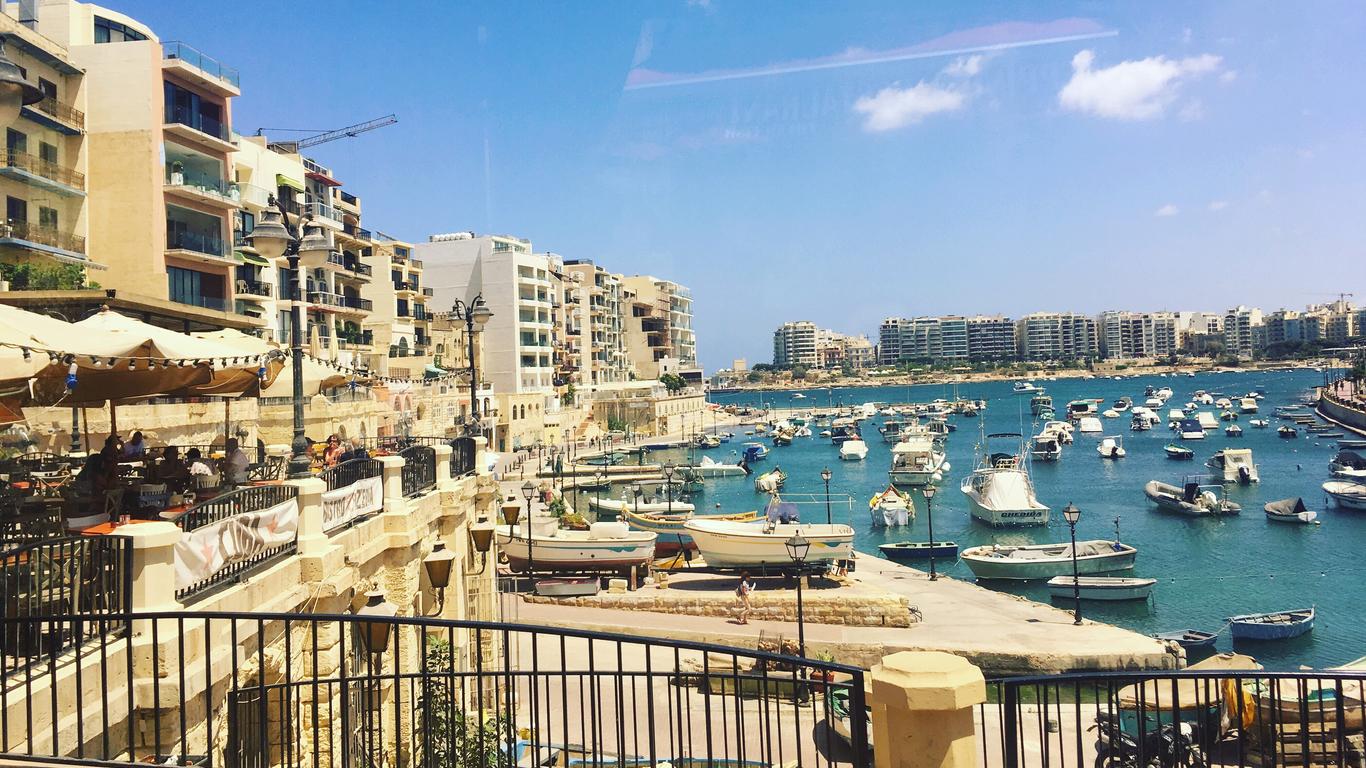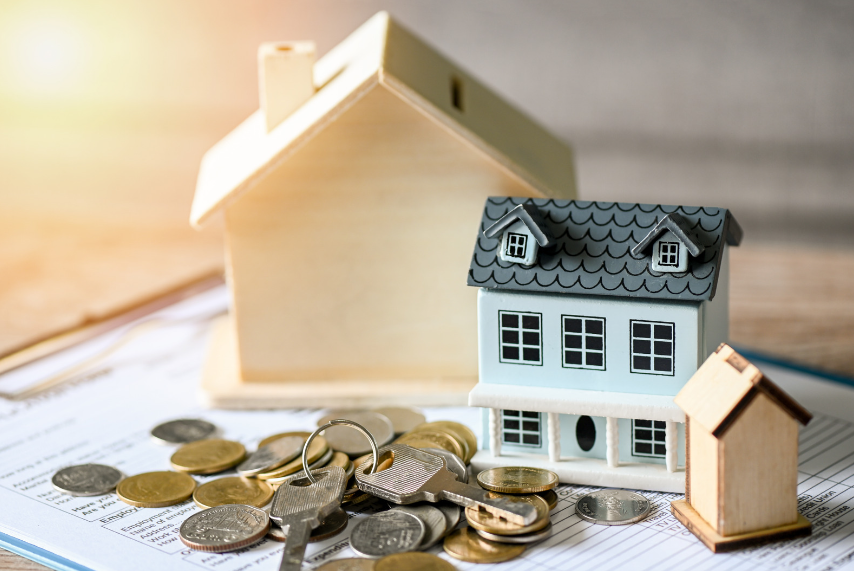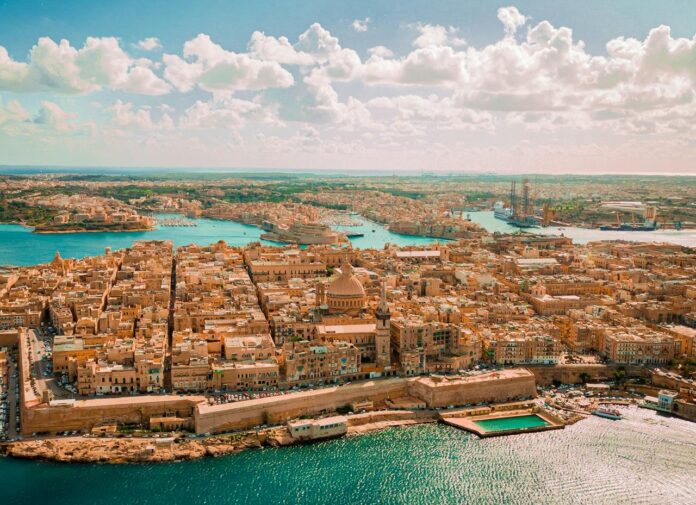Malta offers more than sunshine and sea views. It offers an exciting property market for those ready to make the leap into homeownership. If you’re a first-time buyer in Malta, you’re likely facing a mix of enthusiasm and confusion. That’s normal. The process involves more than just choosing a place and signing a contract.
Below, you’ll find clear and practical advice that cuts through the guesswork. Whether you’re unsure about costs, legal steps, or the best locations—everything you need is here.
Know Your Eligibility and Budget First
Before anything else, you need to define your limits—both legal and financial. Malta’s First-Time Buyer Scheme offers a stamp duty exemption on the first €200,000 of the property’s value. That saves you thousands right away.
To benefit:
- You must be buying your first property in Malta.
- The property must be for residential use.
- You must not have owned any property before, even abroad.
Don’t rely on guesswork. Request a pre-approval from your bank to find out exactly how much you’re eligible to borrow. Keep in mind: lenders in Malta typically ask for a 10% deposit, and your monthly loan repayments should not exceed 30% of your income.
Choose the Right Real Estate Partner

Real estate agents do more than show properties. A reliable one protects your interests and simplifies every step. If you want guidance with zero pressure and expert knowledge of Malta’s market trends, reach out to Excel Homes Malta.
They offer free property valuations with no strings attached. Their team helps you set the right expectations and avoid costly mistakes. Whether you’re buying or eventually selling, their insight ensures your decisions stay smart and secure.
Avoid agents who push deals too fast. Look for professionals who walk you through documents, valuations, and post-sale responsibilities. Ask about their experience with foreign buyers, too—laws differ depending on nationality.
Understand the Legal Steps Involved
Once you find a property, you’ll sign a Preliminary Agreement (Konvenju). It’s binding. From here, you typically have three months to complete the purchase. During this time:
- A notary runs a title search to verify ownership and check for any debts on the property.
- The buyer usually pays 1% provisional duty during the agreement.
- You must pay the deposit, often 10%, which gets forfeited if you pull out without reason.
Notarial work is essential. Choose your own, not one suggested by the seller. Expect total notary fees and stamp duty to add around 5-7% to your purchase price.
Pick the Right Area for Your Needs

Location impacts both lifestyle and future resale value. Malta offers diversity in setting, cost, and vibe. Here’s what to consider:
Central Areas (like Birkirkara or Mosta)
Well connected and family-friendly, ideal for working professionals. Prices here are mid-range but rising steadily.
Northern Coast (Bugibba, St. Paul’s Bay)
Popular with expats and tourists. Good rental potential but often noisier and more seasonal.
Southern Villages (Zejtun, Marsaskala)
More traditional and affordable. Ideal for those who want local culture over nightlife.
Sliema and St. Julian’s
High demand and luxury pricing. Expect high resale value but higher upfront cost.
Make sure to check the development plans in each area. Some regions look quiet now but may face overdevelopment soon.
Prepare for All Additional Costs

You’re not just paying for a house. You’re paying for paperwork, taxes, and approvals. Plan ahead:
- Stamp duty ─ 5% of the property’s value (first €200,000 may be exempt).
- Notary fees ─ Around 1% to 2%.
- Bank fees ─ Mortgage setup costs range from €500 to €1,000.
- Architect’s fee ─ Required for valuation and structure checks, about €300–€500.
- Life insurance ─ Often mandatory for mortgage approval.
Ask for a total cost breakdown before you commit. You don’t want nasty surprises halfway through the process.
Secure Financing Early
Once you’ve set your budget, talk to multiple banks. Don’t just accept the first offer. Compare interest rates, repayment terms, and any extra charges.
To boost your chances:
- Provide a stable employment record.
- Prepare proof of income and bank statements.
- Reduce existing debts before applying.
Most banks offer repayment periods of up to 40 years. But remember—shorter loans mean less interest, even if monthly payments are higher.
If you’re not a Maltese citizen, ask about the AIP permit (Acquisition of Immovable Property). You’ll need one unless you’re buying in a Special Designated Area.
Double-Check All Documents Before Signing

Never sign anything unless you understand every line. Ask your notary to explain unfamiliar terms. Don’t let anyone rush you.
Documents to review carefully:
- The Energy Performance Certificate (EPC).
- Property Layout Plans and permits for any changes.
- Receipt of Ground Rent, if the property is not freehold.
- Proof of no existing hypothecs or bank loans on the property.
If anything seems off—ask. If answers are vague—walk away. First-time buyers often ignore red flags. Don’t be that buyer.
What Happens After Signing?
After signing the final deed in front of the notary, the remaining balance gets paid. At this stage:
- Your title is officially transferred.
- Keys are handed over.
- Your notary registers the sale with the Land Registry.
From here, it’s time to handle utility transfers, permits for renovations (if needed), and insurance. Keep every receipt and document. You may need them for future tax deductions or resale.
Final Thoughts ─ Start Smart, Stay Informed
Buying a house in Malta is a major step, but it doesn’t have to be stressful. The key is information, patience, and expert help. With the right guidance and proper planning, you’ll avoid most of the traps that hurt first-time buyers.
Work with professionals who respect your time. Take advantage of schemes designed to ease your cost burden. Protect yourself legally. And most of all—don’t rush the process.
Start now by researching properties and speaking with trusted experts like Excel Homes Malta. The sooner you prepare, the sooner your new home becomes a reality.




